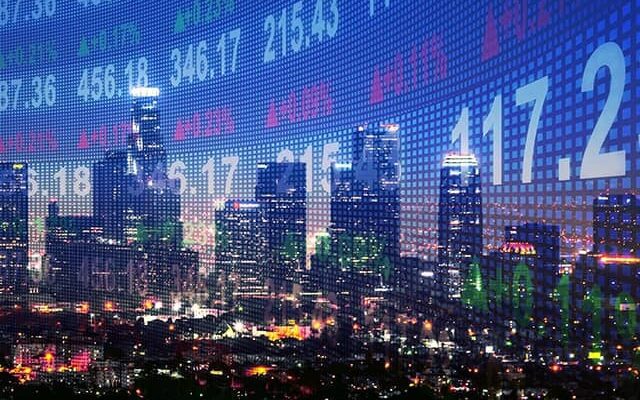(AOF) – GTT and Samsung Heavy Industries (SHI) have received approval in principle (AiP) from the classification society Lloyd’s Register for a new LNG carrier design, incorporating the three-vessel concept developed by GTT and equipped with the Mark III Flex membrane containment system. This approval is the culmination of a joint development project (JDP) initiated in 2022, aimed at designing a new generation of LNG carriers.
The JDP study demonstrated several advantages of this new design for owners and charterers. This three-vessel LNG carrier concept increases LNG cargo capacity and improves maintenance efficiency thanks to the elimination of a cofferdam, a tripod mast and all associated cryogenic equipment (domes liquid and gas, valves, pipes, radars, etc.).
AOF – LEARN MORE
Key points
– World leader in the design of containment systems with cryogenic membranes used for the storage and naval transport of LNG or liquefied natural gas;
– Turnover of €307 million, 91% generated in the construction of tanks or stationary vessels and 17% in the electrolyzers of the Elogen division;
–
Revenues derived at 9/10ths from royalties, hence margins above 50%
;
– Capitalization business model on the growth of the natural gas markets (25% of energy consumption expected for 2040) and LNG fuel (“Global Sulfur Cap”, incentive for the propulsion of commercial vessels by LNG) and extension of the service offering through acquisitions;
– Capital held at 21.45% by Engie, Philippe Berterottière being CEO of the 9-member board of directors;
– Very solid debt-free balance sheet with cash of €213m.
Challenges
–
Response strategy, in particular through digital innovation, to a maritime sector that emits less carbon emissions
;
– Innovation strategy with a research & development budget of €20 million, aimed at strengthening gas management technologies, improving Mark Systems and NO 96 solutions, reducing carbon impacts via artificial intelligence and Smart Shipping and to participate in the growth of the hydrogen market;
– 1st French ETI by the number of patents filed, 8/10ths of the order book from technologies offered for less than 3 years,
– certification of technologies intended for GL fuel;
– partnership with the Marseilles incubator Zebox, specialized in maritime transport and a new structure for financing start-ups, endowed with €25 million;
– 2025 net zero ambition environmental strategy for the company’s carbon emissions, the approach of which will be formalized and validated by the SBTi in 2023;
– Rapid development of the Elogen subsidiary: order intake up 150%, driven by partnerships in the design of hydrogen generators and electrolysers and public support for the construction of the Vendôme gigafactory;
– Record order book: 274 units including 70 units for LNG fuel ensuring visibility of €1.5 billion by 2027 to 2029.
Challenges
– Russian-Ukrainian conflict: suspension of the Zvezda shipyard (15 ice-breaking LNG carriers and 3 GBS), maintenance of current orders in Asian shipyards (6 ice-breaking LNG carriers and 2 FS) for Russian Arctic projects, i.e. €24 million revenue by 2024, and for the Arctic LNG2 project (8 conventional LNG carriers:
– Other geopolitical risks: Qatar, Malaysia and Indonesia, which account for more than half of the world’s LNG liquefaction supply;
– Waiting for orders in the transport of liquid hydrogen and 3-tank LNG carriers;
– After a drop in sales, 2023 objectives of a significant increase in turnover, between €385 and €430 million, and in operating profit, from €190 to €235 million, and a dividend of 80% of net profit ;
– 2022 dividend stable at €3.1, including interim payment of €1.55 paid in December.
Learn more about the Utilities sector
Greater disparities between utilities
The World Energy Markets Observatory highlights a wide disparity in retail energy prices in Europe. Suffering from both the effect of the rise in wholesale prices and high volatility in selling prices to end consumers, the profitability of players is under pressure. While the sixteen largest European energy suppliers benefited last year from a significant increase in their turnover (+47% compared to 2020), their gross operating margin (Ebitda margin) , deteriorated from 20.2% to 19.6%. Those who had to resort to purchasing electricity on the market had to pay these additional volumes much more expensive than the level of sale prices already set and therefore saw their margins deteriorate.
Faced with the reduced availability of its nuclear fleet, EDF, renationalised, should post an annual loss of 29 billion euros in 2022. Engie is doing better because it succeeded in reducing its imports of Russian gas in the first half while benefiting from high electricity prices and its increased exposure to renewable sources.
